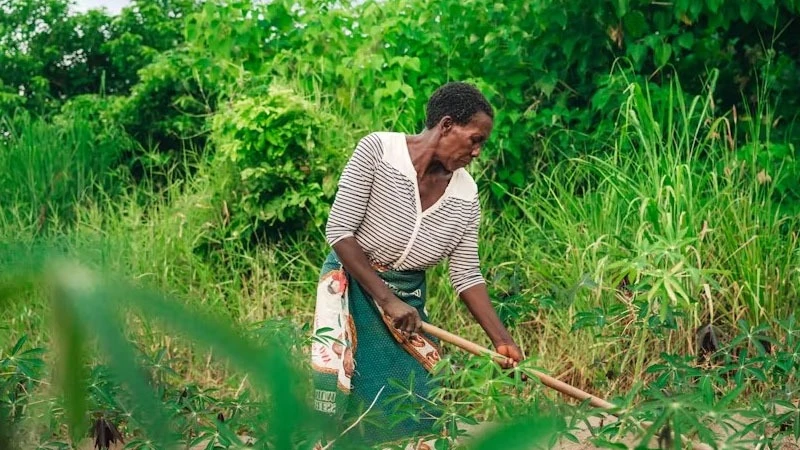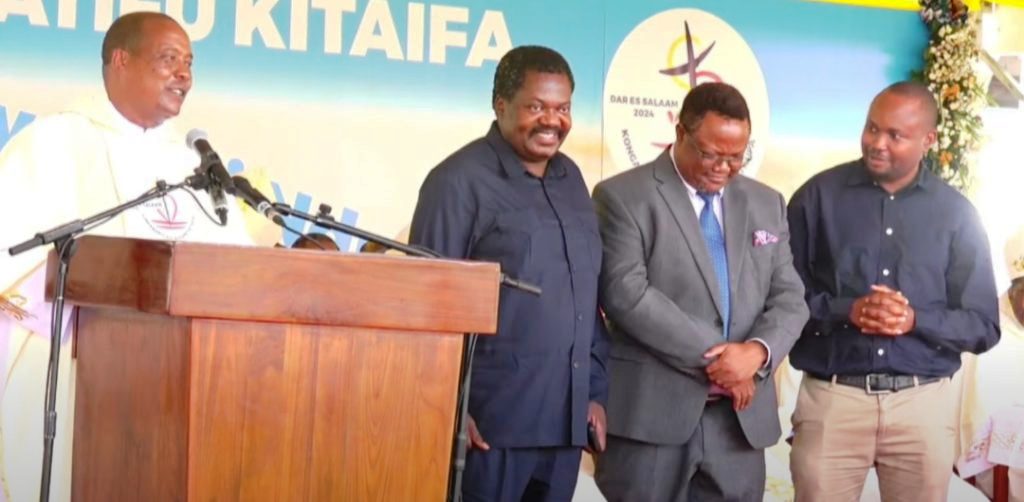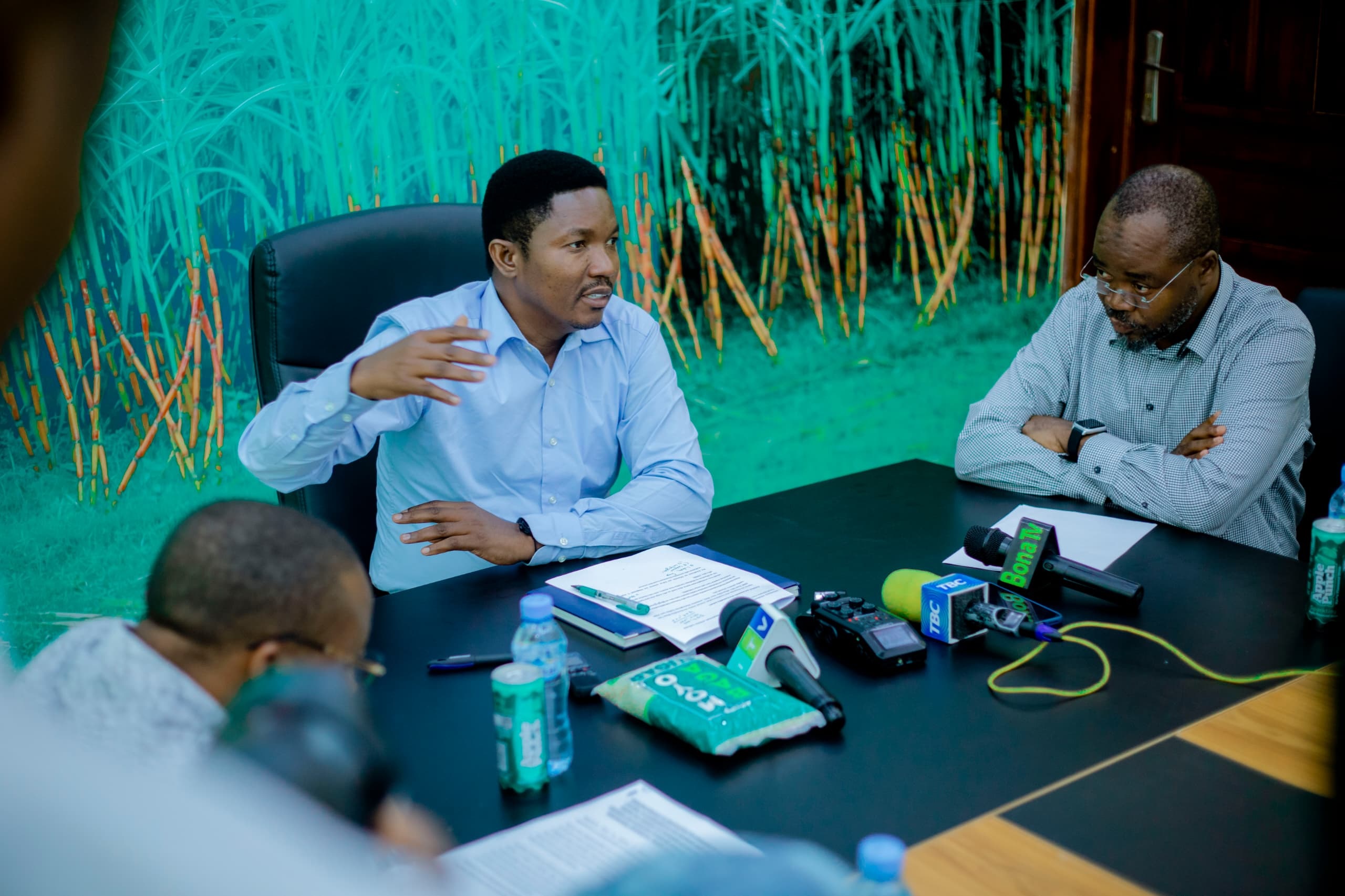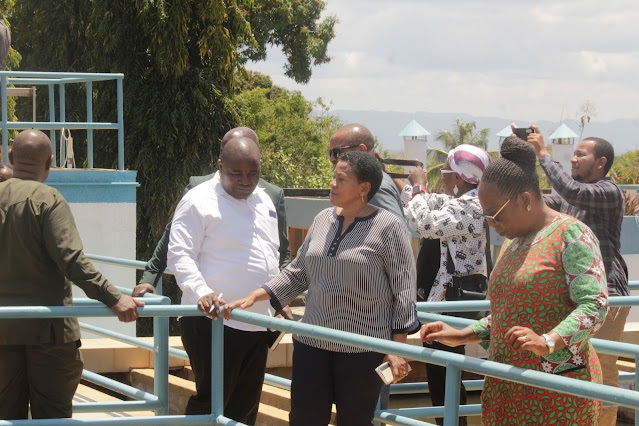PM highlights opportunities in country’s fisheries sector
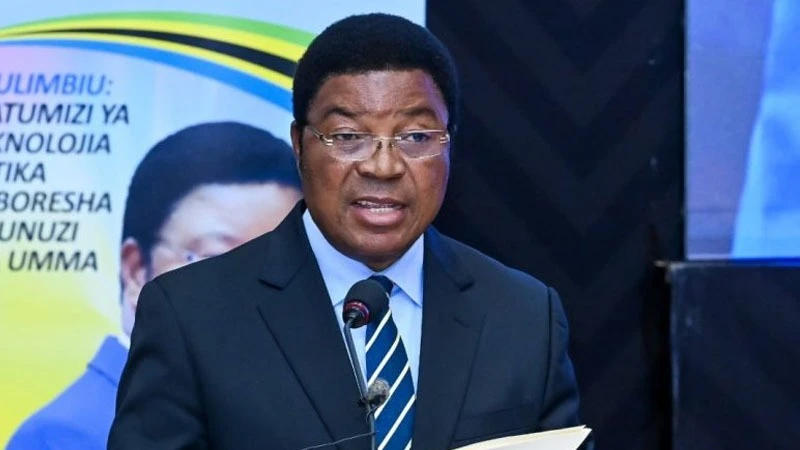
PRIME Minister Kassim Majaliwa has said that Tanzania’s fishing sector generates 2.94trn/- annually, growing at an average rate of 1.9 percent per year.
He noted that significant investment opportunities remain in deep-sea tuna fishing, seaweed farming and fish processing.
He also said that the country has a lot of investment opportunities in purchasing fishing vessels, maritime services, fishing gear supply and value addition.
Majaliwa said this in Dar es Salaam on Wednesday during the 8th Meeting of the Organisation of African, Caribbean and Pacific States (OACPS) Ministers Responsible for Oceans, Inland Waters and Fisheries.
The country’s average annual fish production is 472,579 tonnes, with 91 percent coming from traditional fishing in natural waters and 9 percent from fish farming.
Representing President Samia Suluhu Hassan, Majaliwa noted that 230,000 people are directly engaged in small-scale fishing, while around six million Tanzanians are indirectly employed in the sector. Small-scale fishing contributes over 95 percent of the country’s total fish catch.
He emphasized Tanzania’s significant investment opportunities in fish farming, citing the country’s extensive water resources, including the Indian Ocean, lakes, rivers and ponds.
The Exclusive Economic Zone (EEZ) covers 223,000 square kilometers, approximately 24 percent of Tanzania’s total land area.
Currently, commercial fishing in the zone is predominantly conducted by Distant Water Fishing Nations under licence agreements.
He expressed hopes that the OACPS meeting would provide strategic guidance for improving ocean and fisheries management and sustainable fish farming. He reaffirmed Tanzania’s commitment to supporting the union’s goals, particularly in promoting the blue economy and sustainable development.
The OACPS, comprising 79 member countries, aims to foster sustainable development, eradicate poverty and enhance trade opportunities among its members. It evolved from the African, Caribbean, and Pacific (ACP) group established by the Georgetown Agreement in 1975.
Minister for Livestock and Fisheries, Abdallah Ulega, said the union plays a crucial role in enhancing cooperation among member countries and managing marine resources.
“We will also discuss small-scale fishing which is a source of income for many of our people and explore ways to improve it by creating an enabling environment for fishers, including access to capital, modern technology, markets and infrastructure.”
He added that the ministers will also have the opportunity to discuss challenges threatening the sustainability of marine resources and fisheries, including the impacts of climate change, ocean pollution, and overfishing.
Top Headlines
© 2024 IPPMEDIA.COM. ALL RIGHTS RESERVED








